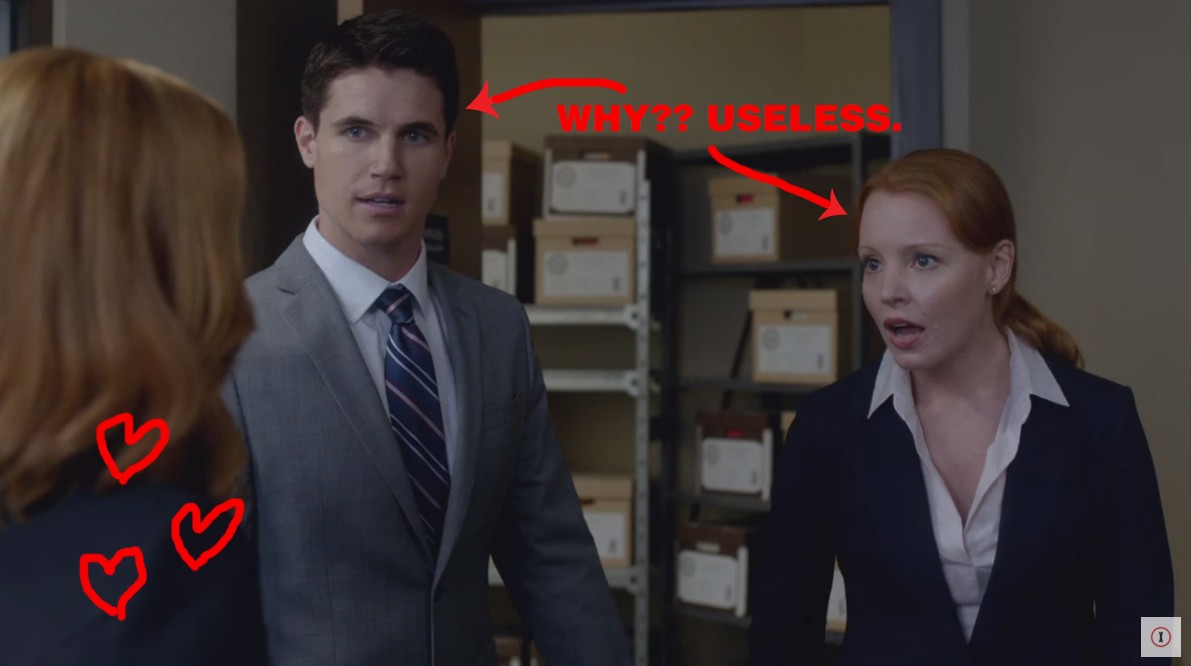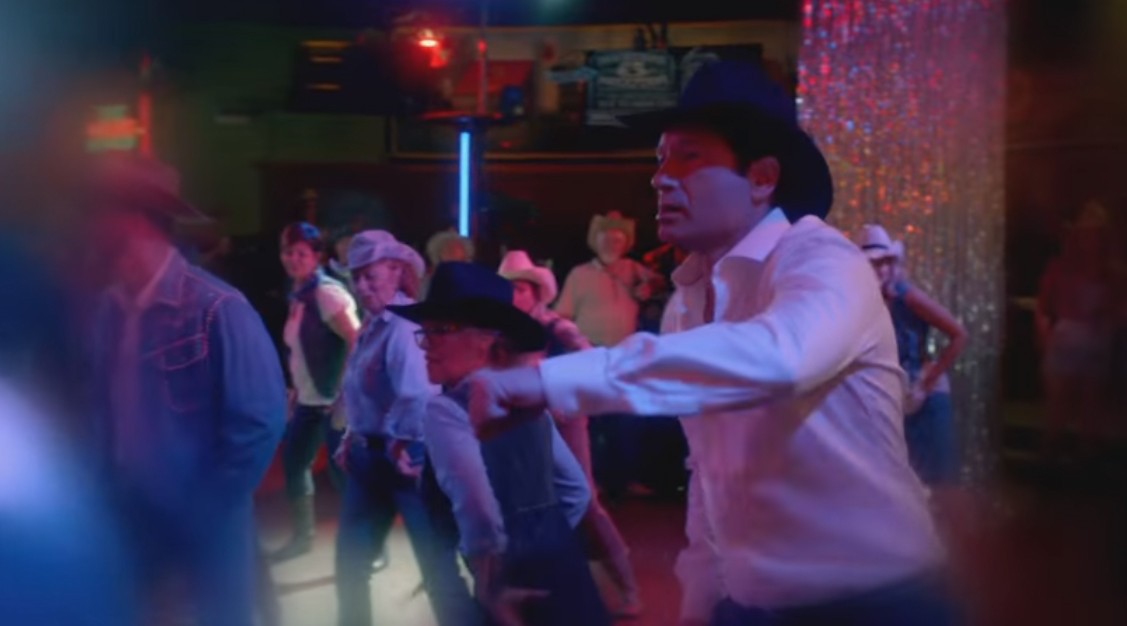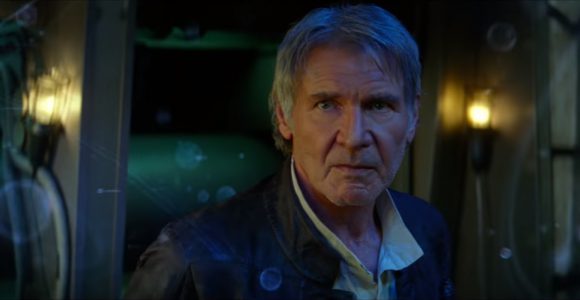Caution: Spoilers abound.
I’d probably cite shellshock as the reason why I didn’t write this review as soon as I finished watching the conclusion of the six-episode X-Files revival, but the real reason is that I’ve been too busy to write this quarter: client work got the best of me in the past few months. So here I am, late as ever, but still incredibly disappointed by what could have been a brilliant return to form for the scifi series that started it all. To be totally transparent, I was too young to watch the X-Files when it was airing, so I didn’t get to sit down and fully grasp the scope of the series until much later in life. Thanks to Netflix, though, I’ve gone through all nine seasons three times, and I don’t regret a second of it.
X-Files love runs deep for me, as it does for many fans. To put a finger on why that’s the case is a musing for another day, but let’s just say that X-Files fans believe like fans of few other franchises. We adopt the philosophies of “wanting to believe” and “trusting no one” in our personal lives, and Mulder and Scully are very much real-life foils for versions of own inner selves. For Mulder, the phrase “I want to believe” refers to his naive hope that the beings who kidnapped his sister will return her unharmed. Its first utterance by Mulder is in “Conduit,” episode 3 of season 1, when Scully is listening to a tape of Mulder undergoing therapy about his sister’s disappearance:
MULDER: She’s calling out my name, over and over again. She’s crying out for help but I can’t help her. I can’t move.
DR. HEITZ WERBER: Are you scared?
(Mulder starts crying)
MULDER: I know I should be but I’m not.
DR. HEITZ WERBER: Do you know why?
MULDER: Because of the voice.
DR. HEITZ WERBER: The voice?
MULDER: The voice in my head.
(Mulder keeps down on his knees and begins to pray)
DR. HEITZ WERBER: What’s it telling you?
(The camera zooms away from Mulder as he prays)
MULDER: Not to be afraid. It’s telling me no harm will come to her, and that one day she’ll return.
DR. HEITZ WERBER: Do you believe the voice?
(The scene fades to black)
MULDER: I want to believe.
Even though I’m an atheist and skeptic, I can relate to the nature of Mulder’s naive hope that his sister is still alive. Mulder’s belief in the paranormal is a form of faith, even though he is daily engaged in an empirical quest of forensic science. But unlike faith, which by definition doesn’t require evidence, Mulder’s stubborn persistence in engaging with the realm of extreme possibility allows for the paranormal to be confirmed through his and Scully’s rational investigations, and that equates to a marriage between faith and reason. For me, “I want to believe” suggests two things simultaneously: “wanting” implies “not having,” so to “want to believe” means to presently lack belief, presumably for lack of evidence; but, wanting also implies a desire for a certain outcome, that it would be great if the truth were actually out there.

Even though Mulder and Scully are presented as opposite ends of the extreme possibility spectrum, the reality is that their points of view aren’t that different. Mulder’s a believer in extreme possibility—paranormal activity outside the realm of known science. He has faith, but not the kind we typically associate with true believers. True believers maintain their beliefs without a need for evidence, and their beliefs are not falsifiable. Scully is presented as a hard-line skeptic, someone who holds the realms of extreme possibility as realms of last resort. As any scientist should, Scully resists paranormal explanations because principles like Occam’s razor keep her from leaping to unreasonable conclusions. But her faith is very different than Mulder’s, because as a theist, she believes in God and the afterlife, which are sorts of beliefs that don’t rely on empirical science. Her efforts to apply scientific inquiry to Mulder’s paranormal discoveries, however, often lead to her confirming exactly the thing she thought impossible. In most episodes, what’s unknown to science becomes known through direct revelation, even though Scully is 99% of the time not witness to the fact. The revelation of the previously unknown is, in most cases, hinted at as being differently-natural rather than super-natural. That is, the existence of aliens and monsters of the week doesn’t throw scientific principles out the window, it just requires us to make room for unexplored territory.
Like Mulder, Scully wants to believe, it’s just that her wanting is a lot more selective than Mulder’s. If not for Mulder’s tendency towards confirmation bias, we could read Mulder as just as much of a skeptic as Scully: they’re both investigator-believers, trying to uncover mysteries greater than themselves.
If you haven’t watched the X-Files, it should be pretty obvious by now that the depth of these two protagonists are about 50% of what makes the show compelling. Traveling and growing with these two for years changes you in ways you can only experience by watching the series. Which is why the X-Files revival meant so much to us fans, who hoped and prayed that FOX and series creator Chris Carter wouldn’t fuck things up, like so many other franchises. (I’m looking at you, Star Trek!)
Unlike most fans, I’m one of the few who genuinely enjoyed the second X-Files feature film, I Want to Believe. The series first film, Fight the Future, was basically an extended mythology episode, but I Want to Believe took the monster of the week route. As X-Files history goes, Chris Carter was hoping that FOX would greenlight a third film if I Want to Believe garnered enough interest, but unfortunately that never happened. Unsurprisingly, a movie about Mulder and Scully investigating murders alongside a psychic pedophile wasn’t what we were expecting to see. Nevertheless, I Want to Believe is a solid monster of the week movie, and if anything, it revealed that Mulder and Scully were indeed a couple after the series conclusion. (The final scene shows them rather romantically rowing off into the sunset together.) The real reason why fans were up in arms over I Want to Believe is that its lackluster success at the box office meant Carter would be deprived of a big screen opportunity to conclude the series’s mytharc: that is, to show the 2012 Mayan apocalypse prophesied in the season nine finale.

Let’s talk about that for a second. Despite what critics may have said about the nine seasons that aired, the X-Files “mytharc” (meaning, the episodes in the series about the overarching alien conspiracy), isn’t that difficult to grasp. Sure, it has a lot of twists and turns, but at the end of the day, the alien conspiracy can be surmised in a paragraph. Here’s an example:
The alien conspiracy, in its simplest form, is about a pact between an international shadow government called the Syndicate, and an invading alien force called the Colonists, who plan to invade the Earth in 2012. The pact was this: in exchange for the salvation of the Syndicate and the human race, the Syndicate was allowed by the Colonists to work on an alien-human hybrid to facilitate the invasion, and these cigar-smoking cronies handed over their own children as collateral (Mulder’s sister among them). In secret, however, the Syndicate started working on a vaccine against the Colonist’s means of invasion, a pathogen called the “black oil.” Mulder and Scully’s quest throughout the series is to uncover and expose this conspiracy, despite the fact that the bad guys need to keep it a secret, or else risk early annihilation by the Colonists.
Granted, it’s a lot more complicated than that—there’s even a faction among the aliens opposed to the invasion, but that’s the gist. C.G.B Spender (series antagonist known as the Smoking Man) and his buddies in the Syndicate are compelling bad guys because they’re nuanced in their motivations: they’re doing what they believe they have to do in order to save the entire human race from an alien invasion, even if that means lots of spying, human trafficking, and assassinating. And you can even argue that the aliens, too, have nuanced motivations, since it’s hinted at that the Earth was originally theirs to inherit as a species. Creating nuanced bad guys is storytelling 101, something that smash-em-ups like Marvel comics movies have to make up for with lots of explosions and digital effects.
Which brings us to the series revival.
Oh, the series revival. Let me start by saying that after watching the first episode of the revival, I was so infuriated by what Carter had done to the series that I couldn’t bring myself to watch any more of it. But I came back, and I struggled through the remaining five episodes. Without exaggeration, I believe they were the some of the most painful, depressing minutes of television-watching I’ve ever endured in my life. How the revival could get so many things wrong all at once baffles the mind. The acting is terrible all around—Mulder and Scully’s clever repartee is replaced with endless monologuing and hurried back-and-forths to get across plot points; the overwrought special effects come across as cheesy and unnecessary; the central conceits of the monster of the week episodes are flat and forgettable (with the exception of episode 3, “Mulder & Scully Meet the Were-Monster,” which is classic); contemporary themes are exploited with a sad lack of subtlety (e.g., episode 5, “Babylon”).
Don’t even get me started with the pointless Mulder and Scully clones, Miller and Einstein, who wasted so much of our precious screen time for absolutely no reason. Did Carter forget that nobody liked Agent Reyes or Doggett? Perhaps he was on LSD with Mulder, whose insane drug-induced hoedown would have been hilarious if not for it taking place in the middle of a tone-deaf meditation on the lived experience of Islamic terrorism. Chief among the revival’s sins, however, is its total abandonment of the alien conspiracy at the heart of the original series, and the reason why that’s such a big problem has everything to do with the nature of its bad guys.

Bad guys are almost always the other 50% of compelling storytelling. Bad guys equal conflict, especially in scifi-fantasy. Conflict equals action. Action drives the plot! And so on and so on. In the X-Files series revival, bad-guy-in-chief the Smoking Man goes from being a dark government agent everyone loves to hate to a mustache-twirling monster of the week bent on world domination. Gone is his cross to bear that is the Syndicate’s plan to sacrifice the few to save the many: in the revival’s “conspiracy of men,” the alien invasion is an elaborate hoax disguising the real conspiracy, which has nothing to do with aliens, and which effectively deflates NINE YEARS of investigations and countless episodes chock full of incontrovertible evidence to the contrary. The aliens are now just innocent bystanders of the Syndicate’s nefarious plot to adapt alien technology to take over the world. The 2012 Mayan apocalypse is really just a doomsday date for when the Syndicate were planning to reduce the planet’s population by activating an alien virus that basically amounts to space AIDS. Space AIDS!

Putting aside the fact that the X-Files revival also casts a paranoid, conservative pundit as a truth-telling protagonist and inadvertently thumbs up the fever dreams of 9/11 truthers and anti-vaxxers, Carter’s worst offense is that his incoherent retcon invalidates the central premise of the series: that Scully and Mulder believe in something greater than themselves, and that the truth is out there (in space), not in here on our boring planet. By dismissing the alien conspiracy and transforming the Syndicate into a cadre of Illuminati one-percenters, the scope of the story shrinks, and our plucky government agents go from saving humanity from cosmic forces to fighting a bunch of moneyed crypto-fascists who are just evil for evil’s sake.
The most shocking thing, perhaps, is that I actually expected something great to come out of an X-Files series revival. I never imagined its creator could get it so wrong, but then again, I suppose we had the same feeling when the Star Wars prequels debuted. Some secrets need to remain buried, and the 2012 Mayan apocalypse is one of them. Here’s to Mulder and Scully rowing off into the sunset together, never to be heard from again.



